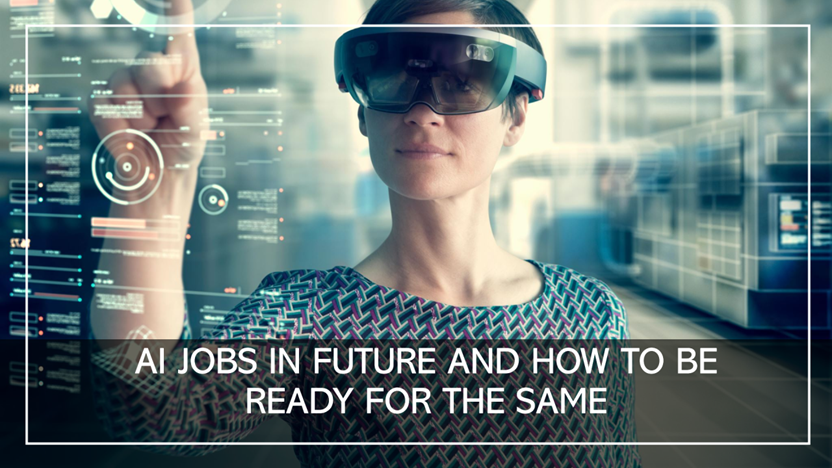The rapid advancements in Artificial Intelligence (AI) have revolutionized the job landscape, creating both new opportunities and challenges. According to the World Economic Forum, AI is expected to create 170 million new jobs by 2030, while making around 85 million traditional jobs obsolete. As we step into this transformative era, students and professionals must stay relevant by adapting to the changing technological landscape.
AI: The Next Big Revolution in Engineering
The next five to six years will witness an AI-driven revolution similar to the computer revolution between the 1980s and 1995. Just as computers reshaped industries, AI is poised to redefine engineering, business operations, and everyday life. The demand for AI professionals will continue to grow, and students pursuing a B.Tech in Computer Science Engineering (AI specialization) will find themselves at the forefront of this transformation.
“AI will not replace humans, but those who use AI will replace those who don’t.” – Fei-Fei Li, Professor at Stanford University
Why Staying Relevant is Essential
One of the biggest challenges in the AI field is continuous upskilling. The technology is evolving at an unprecedented pace, making it crucial for students and professionals to stay updated. Those who fail to keep up with AI trends risk becoming irrelevant in the job market. Industry leaders predict that many low-level, repetitive jobs will be automated, while experts with AI skills will be in high demand with salaries ranging from INR 10–30 LPA and even higher for top-tier professionals.
Changing Job Roles: The Decline of Clerical Work
A major transformation is underway, particularly for roles involving clerical and data management tasks. Traditional jobs like data entry, logistics coordination, and back-office operations are being automated at a rapid pace. On the other hand, highly skilled AI professionals will command better salaries and job security.
“The jobs of the future are not about repetitive tasks but about creativity, problem-solving, and collaboration.” – Satya Nadella, CEO of Microsoft
Choosing the Right Institution for AI Education
With AI education becoming a hot topic, students must be careful while selecting a B.Tech in AI program. Not all institutions are equipped with the right faculty, infrastructure, and industry partnerships to provide hands-on experience. Many top corporations like IBM, Tata, L&T, and TCS are launching their own educational programs in collaboration with universities to ensure that graduates are job-ready.
Capstone Projects: A Key Differentiator
Capstone projects have become a crucial component of AI education, allowing students to work on real-world problems under industry mentorship. When selecting a university, students should ask:
- Does the program include hands-on capstone projects?
- Are industry experts involved in the learning process?
- How frequently is the curriculum updated to match AI advancements?
“The best way to predict the future is to create it.” – Peter Drucker, Management Consultant
Industry-Integrated Learning: A Must for AI Engineers
The best AI programs go beyond theory and incorporate industry exposure, practical learning, and real-time projects. Universities that collaborate with leading AI-driven companies ensure that students are equipped with the latest skills required in the job market.
Moreover, students should be wary of marketing gimmicks by institutions that promise AI degrees without proper infrastructure or faculty expertise. They should verify the institution’s credibility and confirm whether their degree is recognized and industry-relevant.
Return on Investment (ROI) and AI Career Prospects
With AI professionals commanding salaries ranging from INR 8–25 LPA, students should evaluate the ROI of their education. Spending INR 50 lakh on a degree may not always be justified when equally valuable programs are available at a much lower cost.
Additionally, AI jobs are now available in an open, competitive market, meaning students from well-structured programs with the right technical and industry skills will have access to high-paying roles regardless of the institution’s brand name.
Conclusion
The AI revolution is here, and those who stay ahead with the right skills and knowledge will be the leaders of tomorrow. Students must make informed decisions about their education, focusing on industry-integrated learning, capstone projects, and hands-on exposure rather than falling for marketing hype.
For personalized guidance on AI careers and the best universities for B.Tech in AI, feel free to connect with industry experts and explore trusted platforms that provide verified information on AI education.
If you have any queries, feel free to reach out or ask questions in the comments. Let’s shape the future together!

